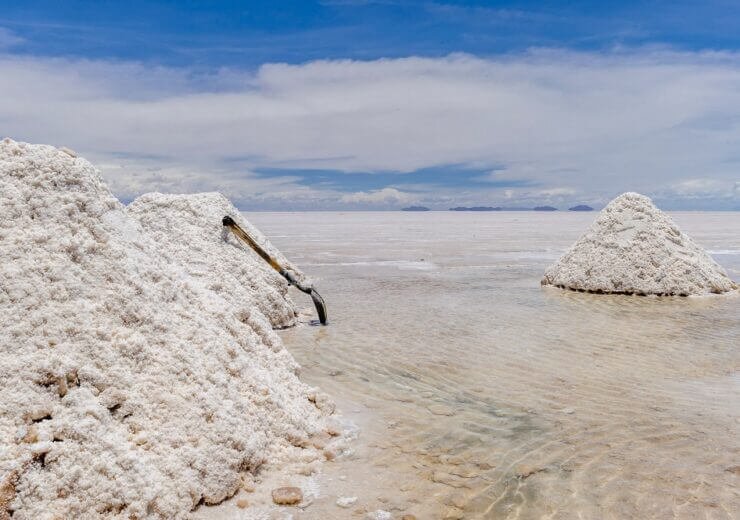Kazakhstan at a Crossroads: Lithium Reserves and the Push for Domestic Production

Kazakhstan finds itself at the center of international attention following the discovery of significant lithium reserves, valued at $15.7 billion, in the eastern part of the country. Western interest, particularly from the HMS German industrial concern, in extracting this critical resource for energy storage technologies underscores the strategic importance of lithium in the global transition to green energy.
The recent findings by the Korean Research Institute of Geology and Mineral Resources and the listing of six lithium oxide deposits on Kazakhstan's state mineral reserve register spotlight the country's potential as a key player in the lithium market. However, this prospect also raises concerns about Kazakhstan's future role in the global supply chain and the risks of becoming a mere raw material supplier.
Discussions between Kazakhstani President Kassym-Jomart Tokayev and HMS Chairman Dennis Schwindt have sparked debates over the direction of Kazakhstan's lithium sector. HMS's proposed $500 million investment in a lithium production facility in East Kazakhstan, following its acquisition of shares in two Kazakhstani mining companies, illustrates the heightened interest in securing control over these valuable resources.
Amid these developments, experts and analysts urge Kazakhstan to leverage its lithium reserves by developing domestic production capabilities that extend beyond raw extraction. The call for establishing a local battery manufacturing industry highlights the potential for creating products with high added value, positioning Kazakhstan not only as a key supplier but also as a major player in the global green energy market.
The debate over the management and development of Kazakhstan's lithium resources reflects broader concerns about foreign investment, national sovereignty, and economic diversification. As Kazakhstan navigates these complex dynamics, the focus remains on how the country can maximize the benefits of its lithium reserves while fostering sustainable development and reducing dependency on external actors.





